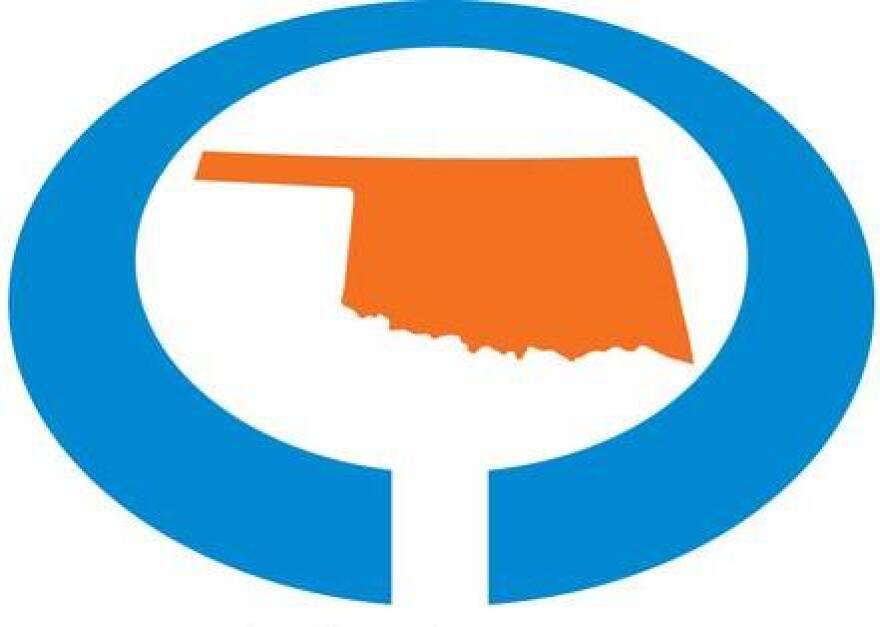The minimum wage has become a campaign issue in Oklahoma and nationally as Republicans and Democrats debate whether the wage should be raised and what effects that would have.
In Oklahoma City, a labor union and a lawyer launched a petition effort in February to increase the city’s minimum wage from $7.25 an hour, which is the state and federal minimum, to $10.10 an hour. That prompted a GOP-supported legislative bill to prohibit municipalities from setting their own minimum wage and vacation and sick days for private businesses.
Republican Gov. Mary Fallin signed the legislation on April 14.
Fallin, who is running for re-election this year, was criticized by Democratic gubernatorial candidate Joe Dorman for signing the legislation. The two camps fired off dueling press releases.

“President Obama and his Oklahoma surrogates say they want to raise the minimum wage to reduce poverty,” Fallin said in her news release. “They are ignoring the fact that most minimum wage workers are young, single people working part-time or entry-level jobs. Many are high school or college students living with their parents in middle-class families.”
Dorman fired back: “The claim that minimum wage workers are ‘generally young, single people working part time or entry level jobs’ is simply not true. Rather, most are older people working low-paying or multiple jobs just to get by.”
So which claim is true in terms of who earns minimum wage?
Regarding age, it depends on how one defines “young” and “older.” If the breaking point is age 25, where the Bureau of Labor Statistics draws the line, both Fallin and Dorman are wrong in a literal sense.
A Bureau of Labor Statistics report released in March shows that minimum wage earners in 2013 were almost equally divided between those aged 24 and under and those aged 25 and older. A slight majority of such workers were “young,” as the BLS refers to those under 25.
The report shows 50.4 percent of workers earning at or below the minimum wage were 24 years old or younger; 49.6 percent were 25 or older. Around a quarter of the "younger" workers were teenagers aged 16 to 19, the report said.
However, regarding marital status, which Fallin referenced, less than half (48 percent) of minimum-wage workers were both young (aged 16 to 24) and single, according to the report.
As to the claim of most minimum wage workers having part time employment, the Bureau of Labor Statistics considers approximately 64 percent of workers earning the minimum wage “part time”: those working less than 35 hours per week. The report, however, does not break down how many of those part time workers are young, single, or hold down more than one job.
The bureau’s data also does not break down the numbers to show whether minimum wage employees are current students.
Oklahoma ranks well above the national average in percentage of workers earning at or below the minimum wage. In 2013, 6.3 percent of the state’s workers earned at or below the minimum, compared to 4.7 percent nationally, according to the BLS. Oklahoma had the sixth highest rate, with Tennessee having the highest followed by Idaho, Arkansas, Alabama, and Texas.
Oklahoma’s rate is lower than what it was in 2012 (7.2 percent) and 2011 (6.8 percent). However, in 2007, the year before the Great Recession hit in full force, only around 3 percent of wage earners in Oklahoma made at or below minimum wage.







